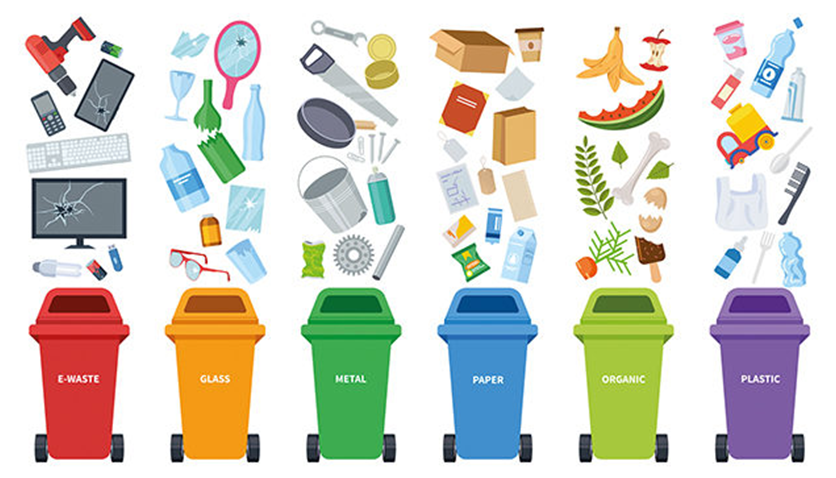Waste Management and Challenges in Georgia
- Nov-2025, 16:23
- 0 Comments
- 2 Views

Waste management remains a significant challenge in Georgia. About 90% of household waste is landfilled, and separate collection is still limited. Specific types of waste – like tires, oils, electrical appliances, and batteries – are regulated, and informal use or trade is punishable by law.
Since 2022, the implementation of extended producer responsibility and activities of authorized waste management organizations have helped collect over 35,000 tons of specific waste in 2023–2024. However, the lack of processing plants or the low productivity of existing facilities remains a major challenge.
Environmental Impact of Specific Wastes
Specific waste poses serious risks to both the environment and human health. It contains heavy metals, petroleum products, ozone-depleting substances, and other harmful chemicals. Improper disposal contaminates soil, water, and air, damages ecosystems, reduces biodiversity, and threatens public health.
The informal sector is a significant problem in Georgia’s waste management system. Makeshift treatment facilities, often in garages and lacking proper equipment, release hazardous substances into the environment. This is especially concerning in cities with high population density and large waste volumes.
Used motor oils are often misused as alternative fuel in agriculture or greenhouse heating without proper filters. This illegal practice releases toxic compounds that pollute the air and endanger human health.
Similarly, waste electrical appliances and batteries are sometimes collected and dismantled informally to extract metals. This releases lead, cadmium, mercury, asbestos, and freon, which pollute the environment. Hazardous components often end up in landfills or municipal bins, further compounding the problem. Many landfills in Georgia, especially those in riverbeds, lack modern standards, which allows toxins to seep into soil and groundwater.
Public Awareness and Infrastructure
Low awareness among the population is a major obstacle. Pilot projects for separate waste collection exist, but without long-term sustainability, their impact is limited.
Another challenge is the lack of adequate recycling systems for batteries, electrical appliances, and waste oil. Much of this recycling happens abroad, mainly in European countries, creating financial and logistical difficulties. Developing sustainable recycling infrastructure within Georgia could reduce exports, create jobs, and improve environmental standards.
The Role of Wasteless
Wasteless plays a key role in managing specific waste. Authorized in all four areas of specific waste, the organization has established over 300 waste collection points nationwide. Citizens can safely hand over electrical appliances and batteries, which Wasteless collects and recycles according to international standards.
Through educational campaigns and interactive initiatives, Wasteless raises public awareness and promotes a culture of social responsibility. The organization collaborates with over 500 organizations in collecting tires, oils, and batteries.
While waste management in Georgia faces social and environmental challenges, improved regulations and active private sector participation promise progress. Initiatives like Wasteless demonstrate that a better, healthier, and more sustainable future is possible.